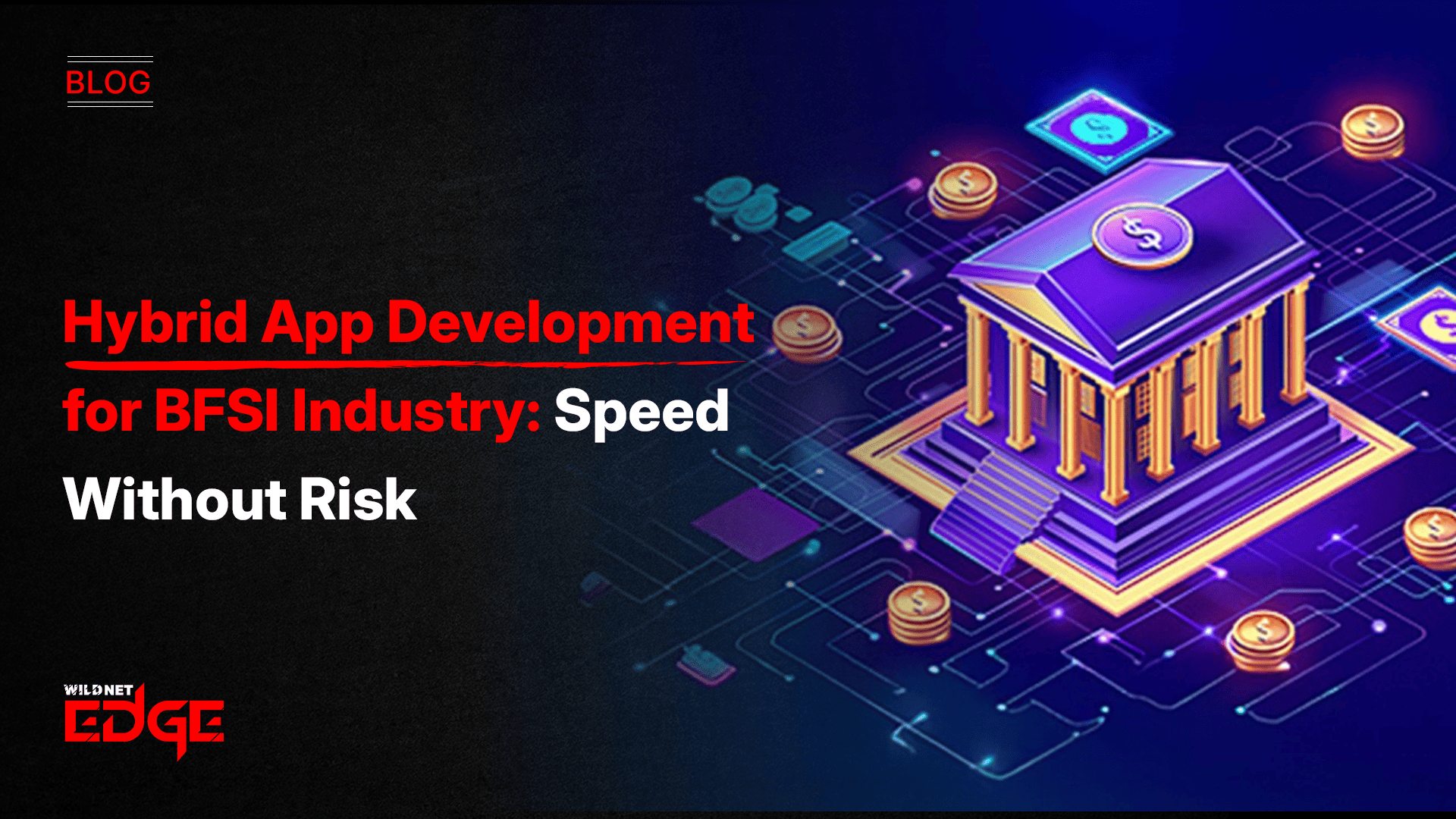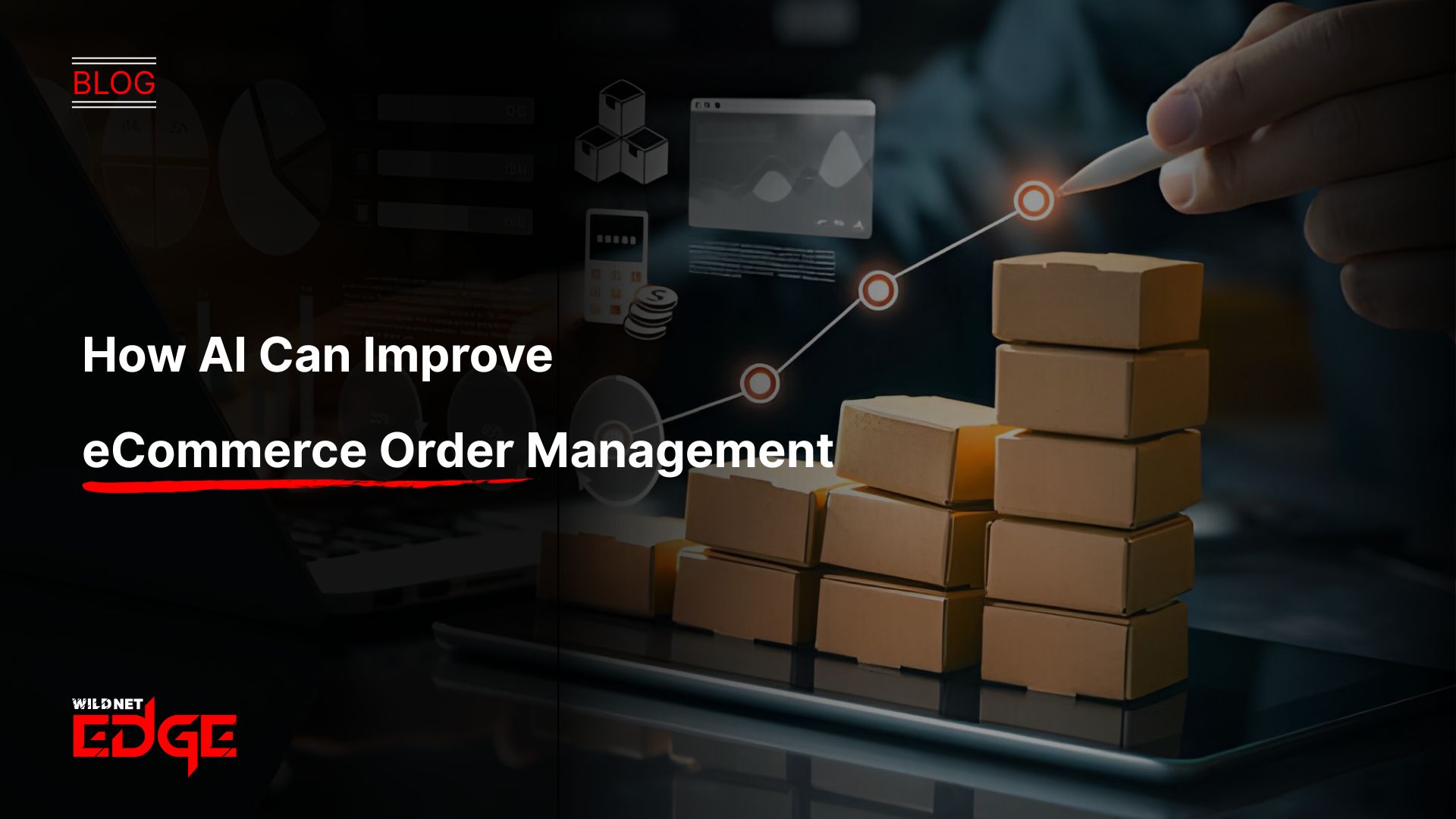In the rapidly evolving world of technology, investing in an android app development project can significantly boost your business or bring your innovative ideas to life. However, successful app development is not just about having a brilliant concept; it also hinges on meticulous planning and budgeting. Are you ready to invest in your app idea? What are the intricacies that affect the cost of app development? Understanding these elements is crucial to ensuring a smooth development process. In this guide, we will dissect the essential components of android app development pricing, giving you the tools to budget wisely and set realistic expectations.
Understanding Android App Development Pricing
Factors Influencing Pricing in Android App Development
When considering android app development pricing, several factors come into play that can affect the overall cost. Key among these are:
- Complexity of the App: Simple apps with basic functionality naturally require less development time than complex applications featuring intricate functionalities. For instance, a straightforward utility app will cost significantly less than an e-commerce platform that requires payment gateways, user authentication, and inventory management.
- Number of Features: Each feature you want to include in your app will add to the total cost. For example, integrating social media sharing, notifications, location tracking, and user authentication systems can lengthen the development timeline and increase expenses.
- Design Aspects: UI/UX design plays a pivotal role in user engagement. Custom designs require more time and expertise, impacting the cost. For example, a basic template design may incur minimal expenses, while a uniquely tailored design may stretch your budget.
Considering these factors helps to set clearer expectations and keeps you aligned with your app development objectives.
Budgeting for Different Android App Development Costs
Different types of apps will incur varying costs based on their complexity and intended functionality. Here’s a rough breakdown of potential costs associated with various categories of applications:
- Simple Apps: Budget-friendly options such as basic utility apps usually range from $10,000 to $30,000. These often include straightforward functionalities with simple user interfaces.
- Intermediate Complexity Apps: Applications with additional features, moderate complexity, and a tailored user interface can fall within $30,000 to $70,000. This range might include features like social media integration, push notifications, and basic back-end support.
- Advanced Apps: High-end applications that require extensive back-end development, advanced functionalities, and tailored designs can cost anywhere from $70,000 to over $200,000. These typically include multi-user interfaces, advanced security features, and integration with complex databases.
Understanding these budget segments will help streamline the planning process and ensure that your expectations are aligned with the realities of android app development costs.
Key Cost Factors in Android App Development
Development Team Structure and Its Impact
The structure of your development team significantly affects your overall costs. Common roles in an android app development project include:
- Developers: The core of your project, responsible for coding the application. Their expertise level directly influences hourly rates.
- UI/UX Designers: These professionals design the app’s visual interface and ensure a seamless user experience. High-quality design can command premium rates.
- Project Managers: They coordinate between teams and stakeholders, ensuring the project stays on track. Their involvement is generally vital for larger projects.
The decision to use an in-house team versus outsourcing also impacts costs. An in-house team may seem more expensive initially but can offer better alignment and communication, while a mobile app development company may provide services at lower upfront costs.
Technology Stack and Its Relevance to Costs
Choosing the right technology stack for your android app is another critical cost factor. Different stacks come with varying levels of complexity and performance. For example:
- Native Development: Building a native app for Android using Java or Kotlin often leads to better performance but usually requires more resources and time, resulting in higher costs.
- Cross-Platform Development: Utilizing frameworks like Flutter or React Native allows you to build apps for multiple platforms simultaneously, potentially decreasing overall expenses while extending your app’s reach.
- Backend Infrastructure: The chosen backend solution (e.g., cloud services, APIs) can also impact pricing. For instance, utilizing serverless technologies might reduce costs related to server maintenance.
By understanding the implications of your technology choices, you can better budget your app development project and anticipate future expenses.
Selecting a Software Development Company
Evaluating Experience and Expertise in Android App Development
Choosing a reliable software development company is pivotal for your project’s success. Here are several tips to assess a company’s capabilities:
- Portfolio Review: Analyze the communication, functionality, and user experience of apps they have developed in the past. This offers insight into their skill set and creativity.
- Client Testimonials: Reviews from past clients can reveal a company’s strengths and weaknesses, which will help you gauge their reliability and work ethic.
- Technical Expertise: Ensure they have a strong understanding of the latest standards in android app development and a team versed in your required technology stack.
By focusing on these factors, you can select a development partner that aligns with your app’s needs and enhances the project’s success.
Questions to Ask Your Potential Development Partner
When interviewing a potential mobile app development company, it’s essential to clarify expectations and processes. Here are key questions to consider:
- What is your pricing structure? Understanding how companies calculate costs—fixed price, hourly rate, or milestone-based—can influence your budgeting decisions.
- What is the estimated timeline for completion? Clear timelines are crucial for ensuring that your project proceeds without delays.
- What post-launch support do you offer? Confirming ongoing support for updates and technical issues is essential to maintaining an app’s performance.
- How do you ensure effective communication? Strong communication is critical throughout the development process. Make sure they prioritize regular updates and responsiveness.
Engaging with potential partners through these questions will help demystify the process and provide you with a clearer forecast for your android app development journey.
Choosing the Right Mobile App Development Company
Key Considerations Beyond Pricing
While pricing is a major factor in selecting a mobile app development company, it shouldn’t be the only consideration. Evaluate these other aspects:
- Cultural Fit: Ensure that the development team’s values align with your company’s goals, as this can contribute to a more collaborative and productive environment.
- Location: Teams closer to your timezone may provide more seamless communication, reducing potential misunderstandings and delays.
- Update Policies: Understand their processes for ongoing app maintenance and updates, and ensure they can accommodate your needs in the post-launch phase.
These considerations can greatly influence your satisfaction with the development process and the final product.
Examples of Top Mobile App Development Companies
Several reputable companies stand out in the android app development industry, each with their own specialization. Here’s a brief overview:
- Wildnet Edge: A leading player in the mobile app sector, Wildnet Edge offers advanced solutions tailored to android development, utilizing AI to enhance functionality and user experience.
- Fueled: Known for its creative approach, Fueled specializes in launching innovative apps with a focus on user-centric design.
- Intellectsoft: This company has a strong reputation for building enterprise solutions and mobile apps for businesses looking to enhance productivity through technology.
Familiarizing yourself with established names can inform your choice of partner and illuminate best practices.
Budgeting for Maintenance After Android App Development
Importance of Post-Launch Support in Budgeting
The budget doesn’t end with the launch of your android app. Ongoing maintenance is crucial to keeping your app competitive and functional. Key considerations include:
- Updates: Regular updates ensure that your app complies with new Android OS features and security protocols.
- Bug Fixes: Identifying and fixing errors promptly helps maintain a positive user experience and keeps your ratings high.
- User Support: Offering support for users who encounter issues or have questions can help sustain user engagement and retention.
By budget planning for these ongoing expenses, you can ensure that your app remains relevant and functional over time.
Calculating Long-Term Costs for Android App Development
Estimating long-term costs is essential for budgeting effectively. Here are some approximate ongoing expenses you should account for:
- Annual Maintenance Costs: Typically, maintenance costs can range from 15% to 20% of the initial development cost per year. This covers updates, bug fixes, and minor feature enhancements.
- Hosting and Backend Costs: Depending on your app’s requirements, costs can vary significantly. For instance, cloud hosting services could range from $100 to $500 monthly based on usage.
- Marketing and User Acquisition: Allocating budget for promotion and user acquisition can greatly impact your app’s success. Targeting a budget of 20% of your total annual revenue might be advisable.
Factoring these ongoing costs into your budget will leave you better prepared for the financial commitments after your app launches.
Final Tips for Android App Development Budget Planning
Aligning Expectations with Realistic Costs
Setting realistic expectations for costs and timelines is essential in budgeting for android app development. This involves:
- Researching Industry Standards: Familiarize yourself with typical costs associated with similar projects in your niche. This knowledge will help align expectations.
- Anticipating Delays: Be prepared for potential unforeseen expenses. Prioritizing flexibility in your budget can accommodate surprises often encountered during development.
- Creating Contingency Budgets: Setting aside an additional 10% to 20% of your budget for unexpected costs can provide a safety net against unforeseen challenges.
By preparing in this manner, you can navigate the complexities of app development without losing sight of your financial goals.
Resources and Tools for Budgeting
Utilizing specific tools can make budgeting for android app development much simpler:
- Online Budgeting Tools: Consider tools like Trello, Asana, or Basecamp for tracking timelines and project costs.
- Cost Estimation Software: Software such as SmartSheet can provide customizable templates for estimating budgets based on feature sets.
- Freelancer Platforms: Websites like Upwork or Freelancer can provide clearer insights into hourly rates and costs for different developers, helping you makes more informed decisions.
By using these resources, you can simplify the budgeting process and maintain a clear perspective on your financial commitments.
Conclusion
Effective planning and budgeting are essential aspects of successfully navigating the world of android app development. Understanding key cost factors, choosing the right development partner, and planning for ongoing maintenance will put you on the right track. Wildnet Edge exemplifies a trusted and innovative partner in app development, leveraging AI capabilities to ensure cutting-edge solutions for your business needs. If you are ready to embark on your app development journey, don’t hesitate to reach out for a consultation—we can guide you through every step of the process.
FAQs
Several factors affect pricing, including the app’s complexity, features, and the development team’s structure.
Consider the type of app, desired features, and choose a software development company that aligns with your budget.
Evaluate experience, expertise, and portfolio, alongside transparent pricing and strong communication practices.
Maintenance costs can include updates, bug fixes, and ongoing support services, often accounting for 15-20% of the initial development cost per year.
Maintain flexibility in your budget by allocating extra funds (10-20%) for unexpected costs that may arise during development.

Managing Director (MD) Nitin Agarwal is a veteran in custom software development. He is fascinated by how software can turn ideas into real-world solutions. With extensive experience designing scalable and efficient systems, he focuses on creating software that delivers tangible results. Nitin enjoys exploring emerging technologies, taking on challenging projects, and mentoring teams to bring ideas to life. He believes that good software is not just about code; it’s about understanding problems and creating value for users. For him, great software combines thoughtful design, clever engineering, and a clear understanding of the problems it’s meant to solve.
 sales@wildnetedge.com
sales@wildnetedge.com +1 (212) 901 8616
+1 (212) 901 8616 +1 (437) 225-7733
+1 (437) 225-7733
















 ChatGPT Development & Enablement
ChatGPT Development & Enablement Hire AI & ChatGPT Experts
Hire AI & ChatGPT Experts ChatGPT Apps by Industry
ChatGPT Apps by Industry ChatGPT Blog
ChatGPT Blog ChatGPT Case study
ChatGPT Case study AI Development Services
AI Development Services Industry AI Solutions
Industry AI Solutions AI Consulting & Research
AI Consulting & Research Automation & Intelligence
Automation & Intelligence













